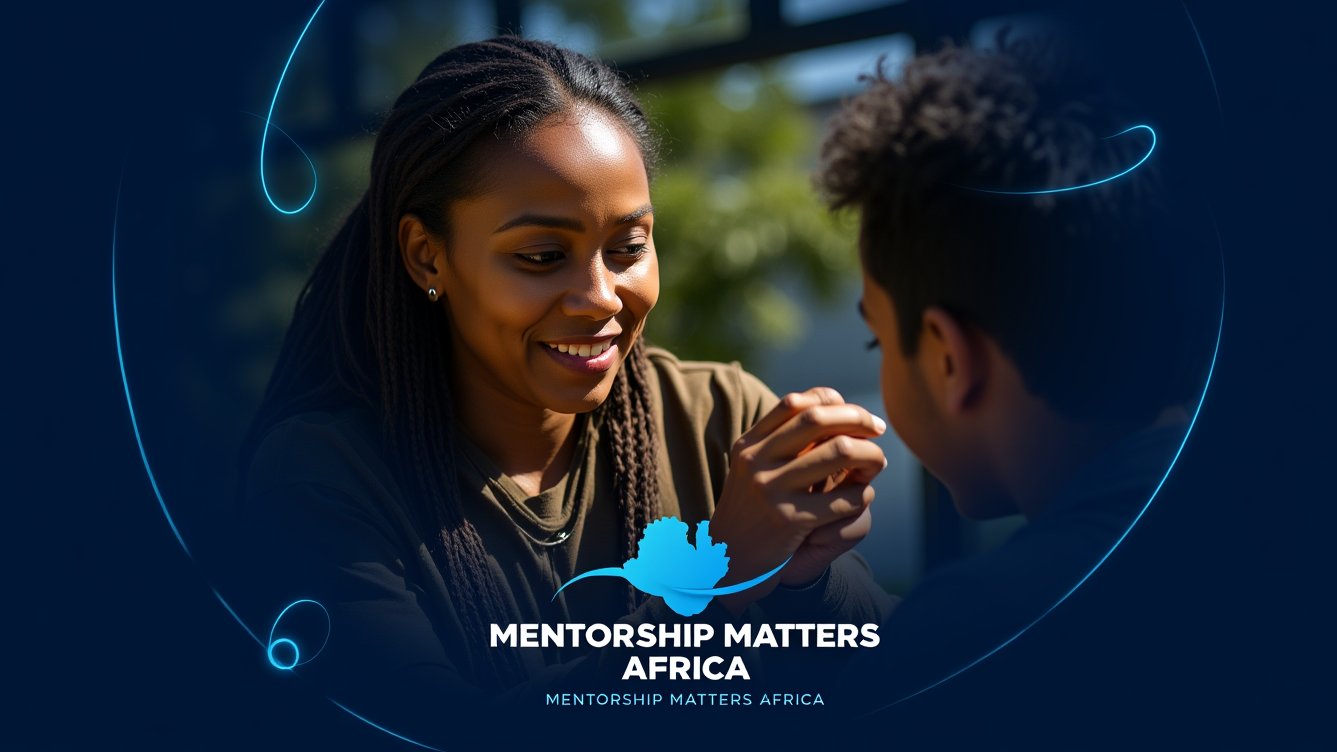In African culture, mentorship has always carried a depth that goes far beyond the professional sphere. It is not merely about career guidance or skill development; it is a holistic journey that nurtures the mind, heart, and spirit. True mentorship recognizes that personal fulfillment and professional success are intimately connected and that guiding another person is both a privilege and a responsibility.
Career satisfaction is rarely found in titles or accolades alone. It blossoms when individuals align their work with their values, passions, and sense of purpose. A mentor’s role is to help their mentees uncover this alignment, to ask the questions that guide reflection, and to gently illuminate paths that resonate with who they truly are. In this way, mentorship becomes not just about what one achieves, but about how those achievements reflect one’s inner self and contribute to a life well-lived.
Success, in its most meaningful form, extends beyond personal gain. It encompasses the ways in which an individual impacts their community, uplifts others, and leaves a lasting legacy. Mentorship in the African tradition emphasizes this broader perspective, encouraging mentees to see their careers and talents as tools for service and societal growth. In sharing wisdom and guidance, mentors help mentees understand that personal advancement and communal contribution are not opposing goals but complementary ones.
At the heart of mentorship lies the sacred responsibility of wisdom transfer. Knowledge, experiences, and insights are shared not as mere information but as lessons imbued with context, empathy, and care. This process benefits both the mentor and the mentee, creating a reciprocal relationship where teaching becomes learning, and guidance becomes growth. Mentorship, when approached with intention and awareness, strengthens character, fosters resilience, and shapes the values and decisions of the next generation.
In this holistic approach, professional growth and spiritual development are deeply intertwined. The mentor’s role is not only to help navigate the complexities of the modern workplace but also to nurture the mentee’s understanding of themselves, their values, and their purpose. The most impactful mentorship is one that encourages reflection, cultivates integrity, and empowers individuals to pursue paths that are authentic and meaningful.
Ultimately, mentorship in its richest form is a journey of connection, wisdom, and alignment. It is a living dialogue between experience and aspiration, a bridge between personal values and professional achievement. In honoring this spiritual dimension, mentorship becomes far more than guidance; it becomes a transformative force that shapes lives, communities, and the future itself.


No responses yet